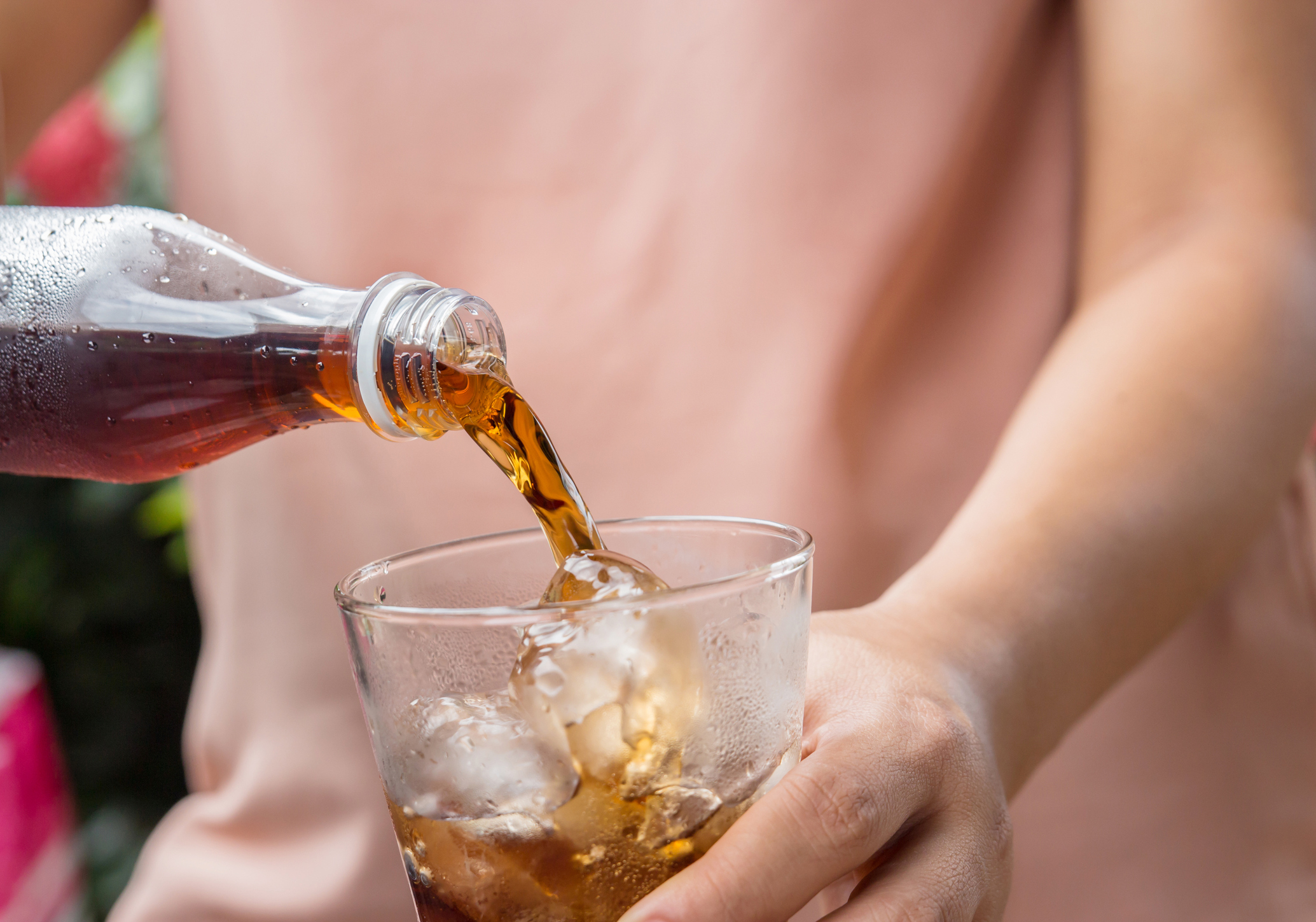
..........................
Coca-Cola And Pot
Is Coca-Cola really putting pot in its beverages?
Robert H. Shmerling, MD
Faculty Editor, Harvard Health Publishing
A
flurry of recent news reports would make you think so — here are a few
examples:
Coke
plans to brew weed drink
Coca-Cola In Talks To Make Marijuana-Infused Drink
Coca-Cola eyes cannabis market
Coca-Cola In Talks To Make Marijuana-Infused Drink
Coca-Cola eyes cannabis market
The truth turns out to be a bit less
dramatic.
Here’s
how the company’s statement put it:
“We have no interest in marijuana or
cannabis. Along with many others in the beverage industry, we are closely
watching the growth of non-psychoactive CBD as an ingredient in functional
wellness beverages around the world…. No decisions have been made at this
time.”
A few clarifications are in order
here:
“CBD”
is short for cannabidiol; it’s found in marijuana but also in hemp, and there
are claims that it can provide a number of health benefits (see below).
“Non-psychoactive” means that it does
not cause a person to feel intoxicated or “high.”
As
such, CBD is not considered to be addictive or prone to abuse; that’s why it is
legal in all 50 states (though with some restrictions).
“Functional wellness beverages” are
those that provide some health benefit above and beyond nutrition or hydration.
Gatorade
is one example, as it is ‘fortified’ with electrolytes lost during intense
exercise.
There
are many others, such as Pom Wonderful, which describes its products as “the
Antioxidant Superpower” and “the perfect fuel to get you to CrazyHealthy;” or
Red Bull, which “Vitalizes Body and Mind.”
It’s
worth emphasizing that in the US, functional beverages do not have to prove
that their health claims are true; as with conventional foods, they only have
to have ingredients that are “generally recognized as safe.”
There was no mention in this
statement of actually putting CBD or other marijuana-related substance in
Coca-Cola.
Why
would the Coca-Cola Company put CBD in its beverages?
Soda
sales are down, while functional wellness beverage consumption and the
respectability of CBD are on the rise; industry experts see this as a financial
opportunity.
And what is CBD good for? The
list of supposed health benefits of CBD is long and includes the treatment of:
·
anxiety and depression
·
insomnia
·
chronic pain
·
symptoms related to cancer and its
treatment, such as nausea
·
symptoms related to neurologic
disease, such as multiple sclerosis and Parkinson’s disease.
Most
of these claims are considered unproven, based on preliminary evidence such as
animal research, or human studies involving a very small number of people.
The
only approved use of CBD is for certain childhood seizure disorders (called
Lennox-Gastaut syndrome and Dravet syndrome); the FDA approved the first-ever
medication containing CBD for these conditions in June of 2018, and then in
September the FDA reclassified CBD from Schedule I (“drugs with no currently accepted
medical use and a high potential for abuse,” such as heroin) to Schedule V
(drugs with a low potential for abuse)
Side effects of CBD are generally
minor and include diarrhea, fatigue, and anxiety. It can also interact with
medications you take, so it’s important for your doctor to know if you’re
taking it.
Is
pot going mainstream?
The
news about the Coca-Cola Company follows recent announcements by Coors and
Constellation Brands (makers of Corona beer) about developing
marijuana-containing products.
And
a few CBD-containing beverages are already on the market.
So,
it seems like this is only the beginning. In fact, the time could soon come
when CBD (and, perhaps, marijuana) make it into widely available foods and
beverages, including those sold in supermarkets.
With
the legalization of marijuana spreading like a weed (sorry, couldn’t resist!),
it may be just a matter of time before it’s viewed a bit like alcohol.
And
that means it could soon be in the food supply. I just hope that by the time
that happens, we have a better understanding of its risks and benefits.
As for CBD, you can expect claims of
health benefits to multiply as it morphs from a component of an illicit drug to
a financial opportunity in the growing “wellness” food and beverage industry.
But
I’ll still be looking for more studies confirming its safety and health
benefits before I’ll buy anything containing CBD.
Robert H. Shmerling, MD
Faculty Editor, Harvard Health
Publishing
Robert Shmerling, M.D., is associate physician and
clinical chief of rheumatology at Beth Israel Deaconess Medical Center and an
associate professor in medicine at Harvard Medical School. He is an active
teacher in the Internal Medicine Residency Program, serving as the Robinson
Firm Chief. He is also a teacher in the Rheumatology Fellowship Program and has
been a practicing rheumatologist for over 25 years.


No comments:
Post a Comment